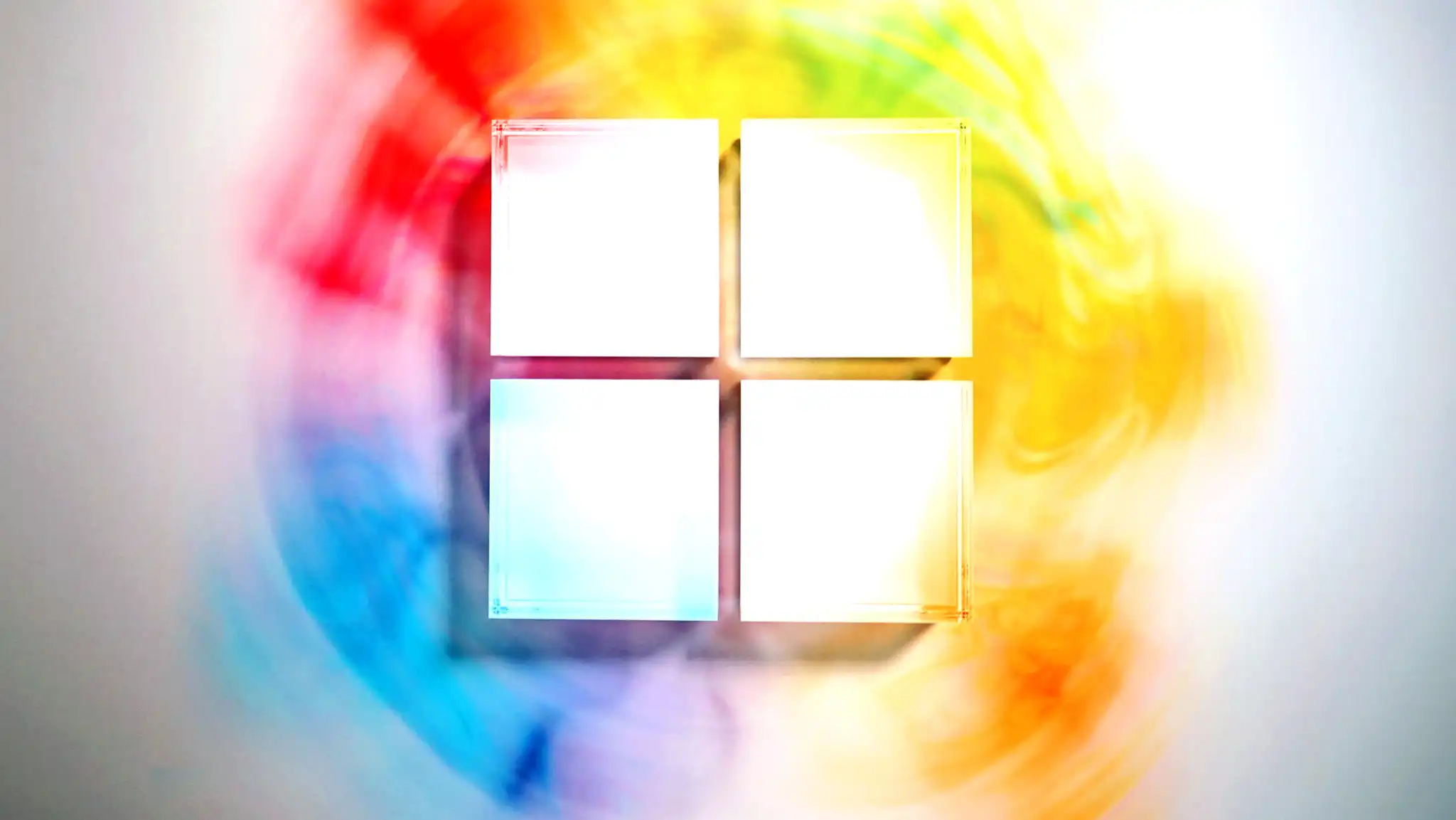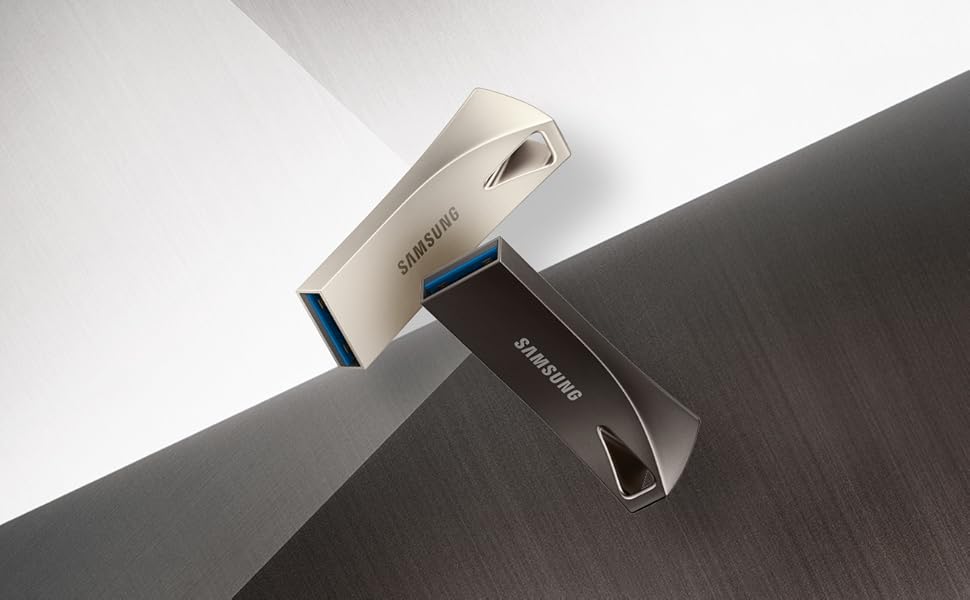A recent investor chat shows that Intel is expecting Microsoft to make big moves next year.
If you haven’t looked at the consumer PC market lately, maybe don’t — it isn’t a pretty picture. Of course that’s bad news for companies like Intel, whose bread and butter is selling the chips that almost literally run the industry. But Intel’s higher-ups see hope on the horizon, in the form of a “Windows refresh” coming in 2024. This appears to be more than the yearly update we’ve become accustomed to…maybe a lot more.
The statement comes from Intel’s Chief Financial Officer David Zinsner, speaking to a financial analyst at Citigroup for Citi’s Global Technology Conference last month. The transcript has been posted to Seeking Alpha, as spotted by PCGamer. Here’s the relevant bit of the conversation, emphasis mine:
We actually think ’24 is going to be a pretty good year for client, in particular, because of the Windows refresh. And we still think that the installed base is pretty old and does require a refresh and we think next year maybe the start of that, given the Windows catalyst. So we’re optimistic about how things will play out beginning in ’24.
This is the only part of the interview in which Zinsner mentions Windows or Microsoft specifically. Putting on my tech pundit hat for a moment, the language does seem very pointed. A typical feature update like the most recent one usually doesn’t require — or indeed, inspire — the purchase of new laptops or desktops. That’s the kind of push that comes with a new version of Windows.
“Windows 12” (name tentative, and unconfirmed) was rumored this spring and summer, with various sources pointing to a 2024 release. That certainly seems to dovetail with Intel’s hopes for more chip sales next year. Windows 12 is said to be focused on a more modular software design, featuring a “stripped down” core with powerful components that can be added on. A focus on AI integration, as seen in the recent Copilot debut, seems like a natural addition.
Long-time Windows users will know that a prospective Windows 12, like Windows 11 before it, would be a departure from Microsoft’s stated intention to make Windows 10 “the last version of Windows” and simply add new features to it forever. With Windows 11 possibly set for only three years as the company’s flagship — and itself hardly a universally praised update — we seem to be back on the road of periodic full-version bumps again.




